Allodial Title: The Myth, The History, and Why You Can’t Get It in the UK
Every so often, someone asks us: “Should I get allodial title to my property?” It’s often brought up in conversations about personal sovereignty, common law theories, or trying to avoid taxes or government control.
Let’s set the record straight. Allodial title is not available in the UK, and never really has been.
Here’s what it actually means, where it came from, and why it’s no longer a viable concept in modern land law.
What Is Allodial Title?
Allodial title refers to a system of land ownership in which the owner holds absolute title to the land — free from any superior landlord, feudal duties, or obligations to the state. In theory, the land is owned outright, not held of anyone else, and the state has no claim over it.
This concept is mostly used in contrast to feudal landholding, where all land is ultimately held from a monarch or the state.
In an allodial system, you would owe:
- No property taxes
- No duties to a sovereign or government
- No legal or administrative obligations tied to the land
Sounds appealing? That’s why it’s become so popular in online forums and pseudolegal movements.
A Brief History of Allodial Title
Allodial landholding existed in parts of ancient Europe, particularly among the Germanic tribes, Scandinavians, and in early Frankish law. It meant absolute ownership, inalienable and inheritable.
However, after the Norman Conquest of England in 1066, the feudal system was imposed. William the Conqueror declared himself the ultimate owner of all land in England. All landholders became tenants of the Crown. This created the foundation of modern English land law.
As a result:
- All land in England and Wales is held of the Crown
- Even “freehold” means permanent tenancy, not absolute ownership
In Scotland, a similar feudal system was abolished only as recently as 2004 — but even then, it did not establish true allodial title.
Where Does Allodial Title Still Exist?
There are very few modern examples:
- Nevada, USA briefly allowed private landowners to convert property into allodial title (but still subject to law enforcement, zoning, and eminent domain)
- Some Native American nations and tribal lands may be recognised as holding land outside of typical Western title systems
- In certain historical contexts (like medieval France), noble families held allodial lands, but this has long since been replaced or absorbed by state powers
In practice, even where allodial title is recognised, it doesn’t mean freedom from all law, taxation, or oversight.
Why You Can’t Get Allodial Title in the UK
In England, Wales, and Northern Ireland, no land is owned absolutely. Everything is either:
- Freehold (the closest form to permanent ownership, but still held of the Crown)
- Leasehold (temporary or conditional tenure)
The Crown is still the legal root of title. Even if you own freehold land, the state retains powers such as:
- Compulsory purchase (e.g. for highways or infrastructure)
- Enforcement of planning restrictions
- Imposition of taxes (like Council Tax or Stamp Duty)
This is not a flaw in the system, it’s how modern land law ensures public interest, access, and planning.
Claims about declaring your home “allodial” to avoid tax or authority are not recognised in UK law.
Why This Myth Persists
The idea of allodial title appeals to those looking for:
- Complete control over their property
- Freedom from government regulation
- A sense of sovereignty or independence
The Legal Reality: A Liberal State with a Corporate Sovereign
To borrow from the intellectual tone of thinkers like Yuval Noah Harari, we must recognise that the UK is a liberal legal state, a system based on legal fictions and institutional power structures that only work because we collectively agree to uphold them. Within this framework, the Crown functions as the ultimate corporate sovereign. It is the legal embodiment of ownership, enforcement, and recognition. In a world without feudalism or socialism, this is the only system that confers land rights with enforceable power.
If we want to benefit from the protections and recognitions of property ownership, whether through the courts, the Land Registry, or enforcement of trespass laws, then we must play by the rules of the system that gives us those protections. You cannot opt out of a system while expecting it to defend your claim. Like it or not, the Crown’s version of ownership is the only one legally recognised.
Philosophically, claiming ownership of land means taking a patch of the planet, erecting a fence, either literally or symbolically, and declaring that others are excluded.
Trina 🙂
In truth, we never own anything absolutely.
It is our uniquely human capacity for imagination, the ability to create shared myths and legal systems, that allows us to turn that belief into enforceable law.
In our minds, we can do as William the Conqueror did: plant a flag and declare the land ours. But within the current legal system, unless you command an army larger than the state, it’s difficult, if not impossible, to defend that claim outside of the current structures society recognises.
Final Thoughts
There’s nothing wrong with wanting more autonomy or security over your property, but the idea of achieving that through “allodial title” is a legal dead-end in the UK.
If you’re looking to protect your home or assets, we can help you explore real, effective legal tools such as:
- Trusts (e.g. Family Lifetime Interest Trusts)
- Wills and estate planning
- Asset protection strategies under UK law
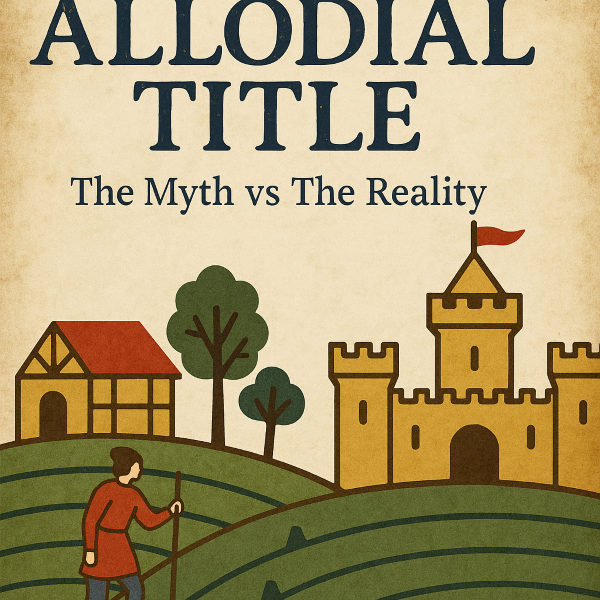
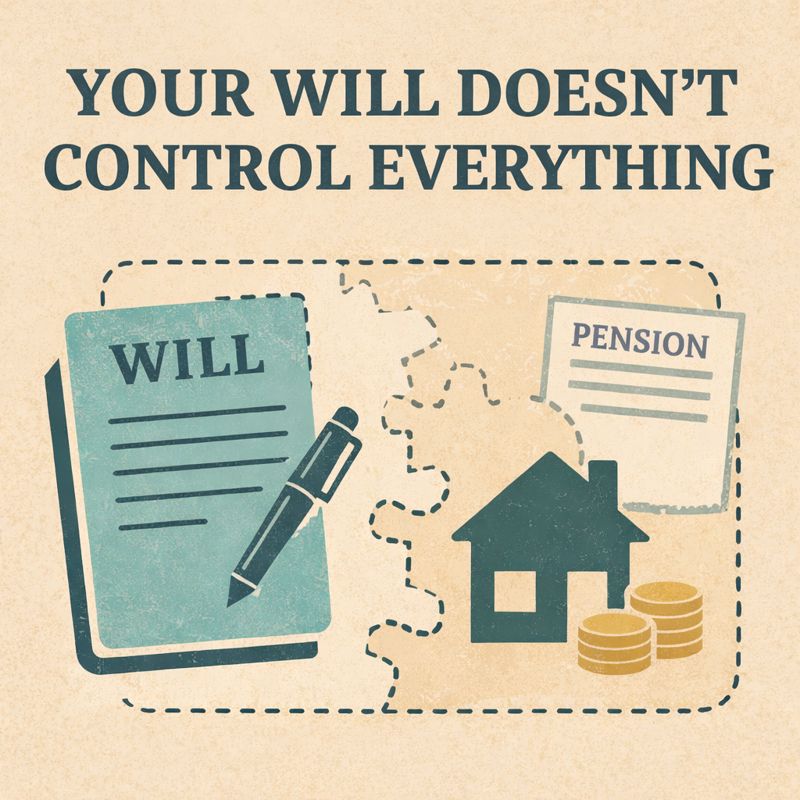

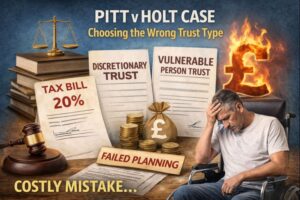


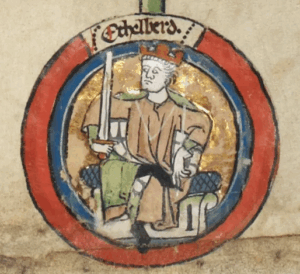
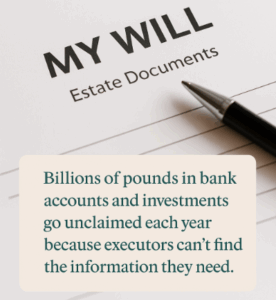

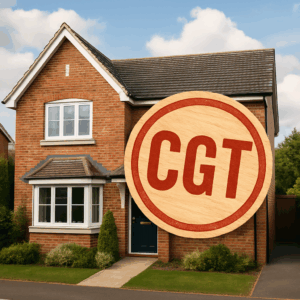
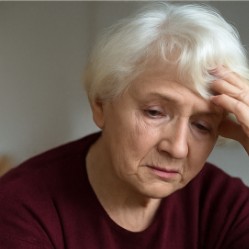


Post Comment